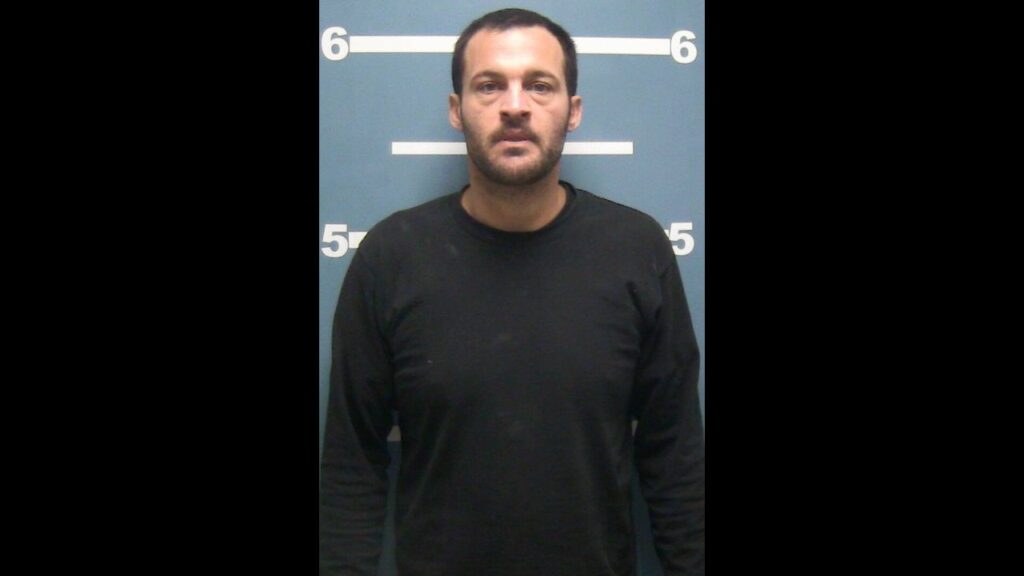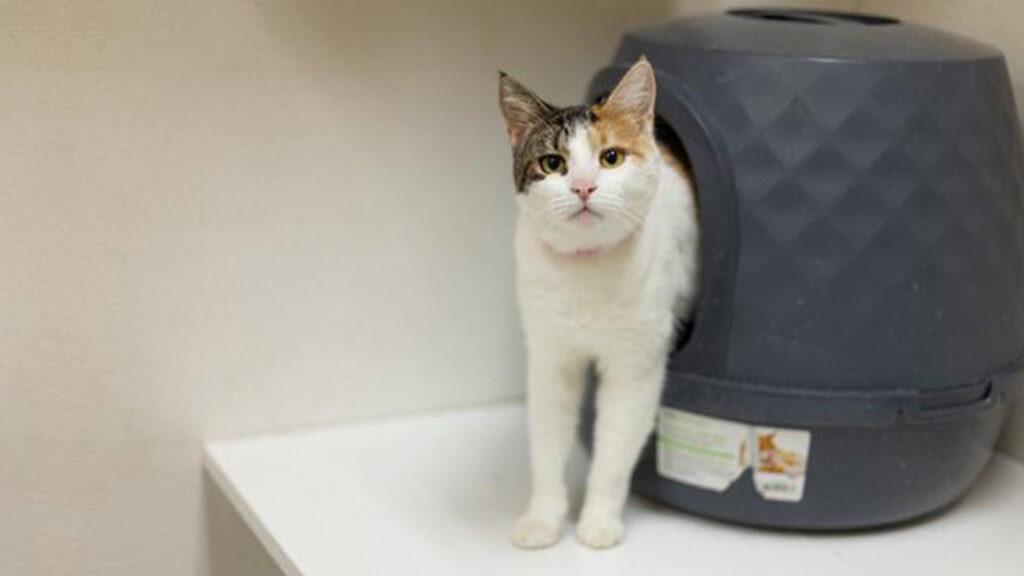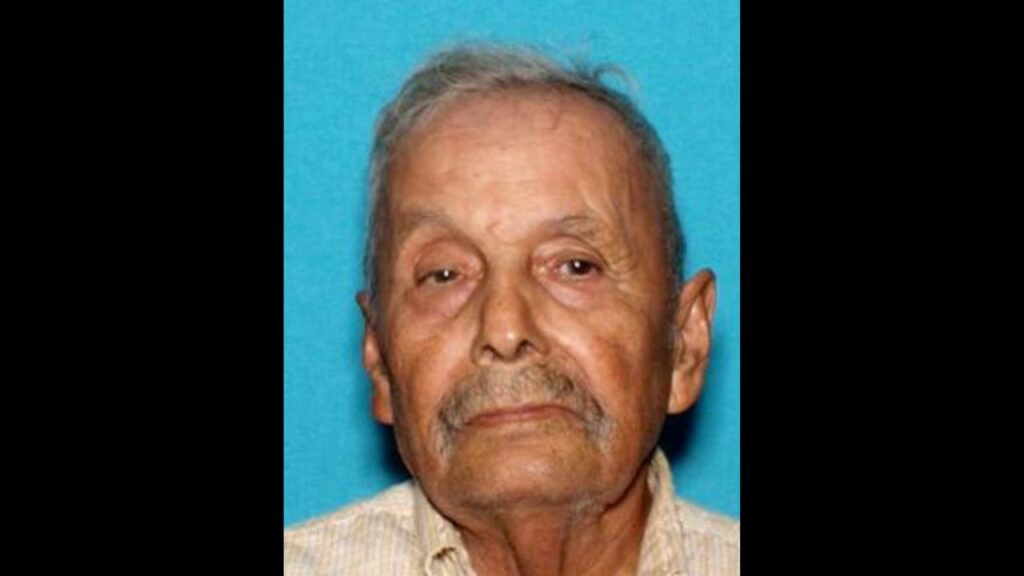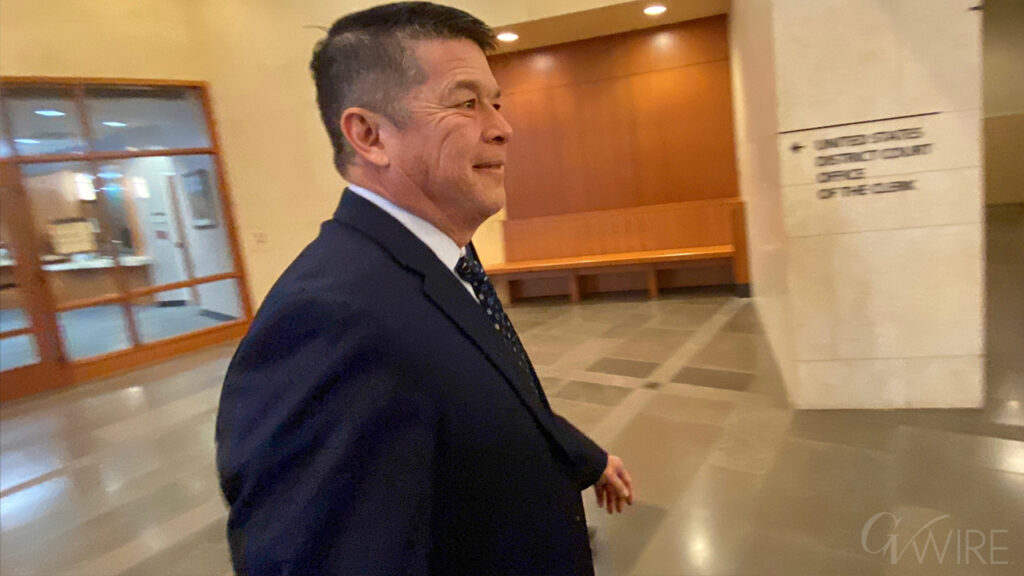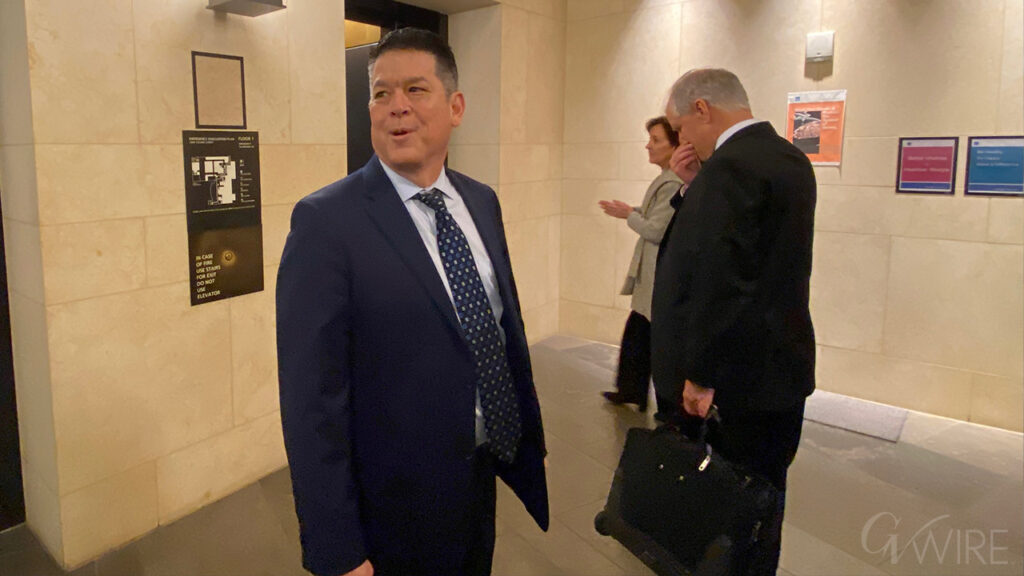Share
The Central Valley has some of the highest rates of mental illness in California and the fewest resources — with half as many psychiatric beds per 100,000 people as the rest of the state.
About 18 patients a day with mental illness come into the emergency departments of Community Regional Medical Center and Clovis Community Medical Center. Some are homeless, in poor physical health and addicted to alcohol or drugs. 
Those who are placed under involuntary psychiatric holds are stabilized medically, and many will continue their care at Community Behavioral Health Center, part of Community Health System for the past 20 years. “The patients who come here are usually in crisis. They may have challenges in functioning independently and be at risk of hurting themselves,” said Rick Adams, licensed psychologist and manager of ancillary services at Community Behavioral Health Center.
In the past year, there has been an increasing number of crisis patients who come into Community facilities seeking help. “Since January 2021, we’ve doubled from having approximately 400 a month transferring to the Behavioral Health Center from the emergency departments to 800 a month now,” Adams said. “This shows the need our community has for an inpatient mental care facility and why it’s an important part of the Community Health System.”
Bringing Short-Term and Long-Term Mental Health Services to the Central Valley
Community purchased Cedar Vista Hospital in December 2002 and renamed it Community Behavioral Health Center. Located near Herndon and Cedar avenues, it was the largest psychiatric facility in the Fresno area.
In 2021, the facility received about eight new patients daily, but that number can double on any given day, said Adams.
The Behavioral Health Center consists of four separately locked units and common recreation/activity areas. When patients are in the common areas, they have direct hospital staff supervision. An average of about 50 patients are there on any given day, staying in semi-private rooms, Adams said.
Most patients stay an average of six days, but some stay for months. “That’s due to pursuing a long-term treatment through a conservatorship, and that takes a number of weeks to process and then to get the placements,” explained Adams.
A conservatorship is a court order that stays in effect for a year and can be renewed for longer. Conservatorships provide legal guardianship over an adult as means of protection, especially if that person is a threat to themselves or others.
Expanding Access to Services and Programs
In February 2019, Community spent $3.2 million to add 12 beds to the Behavioral Health Center, bringing the total bed count to 73.
Additional expansion plans were in the works to add 36 more beds in a new wing starting, but when the pandemic hit, everything was put on hold, according to Adams.
Even with construction on hold, the Behavioral Health Center is expanding access to care with outpatient residential clinics and other services. “We plan to expand as we need to increase capacity and the number of patients we’re able to help,” said Adams.
To expand and increase capacity, and continue with its 24/7 operation, the Behavioral Health Center is hiring registered nurses and mental health workers, including case managers, recreational therapists, psychotherapists and utilization reviewers (who take the clinical information about a patient and their treatment to get authorization from the payer source, most often the Fresno County Department of Behavioral Health).
Training Future Mental Healthcare Workers
For many years, Behavioral Health Center has been a training ground for Fresno State students and graduates in both recreational and psychotherapy, and psychiatric residents from UCSF Fresno.
The training allows the students to qualify for a licensing exam to move their career forward “so we’re part of ensuring that there will be a new generation of mental health clinicians available in the Central Valley,” Adams said.
Many are hired after graduation to work at the facility or similar facilities in the Central Valley. “That’s a very rewarding part of what we do here. We’re helping to train and retain the talent we’ll need in the future for mental health patients.”
You Love What You Do, Now Love Where You Do It
If you or someone you know is looking to kick-start or expand their career opportunities in the mental health field, learn more and apply today at jobs.communitymedical.org.




